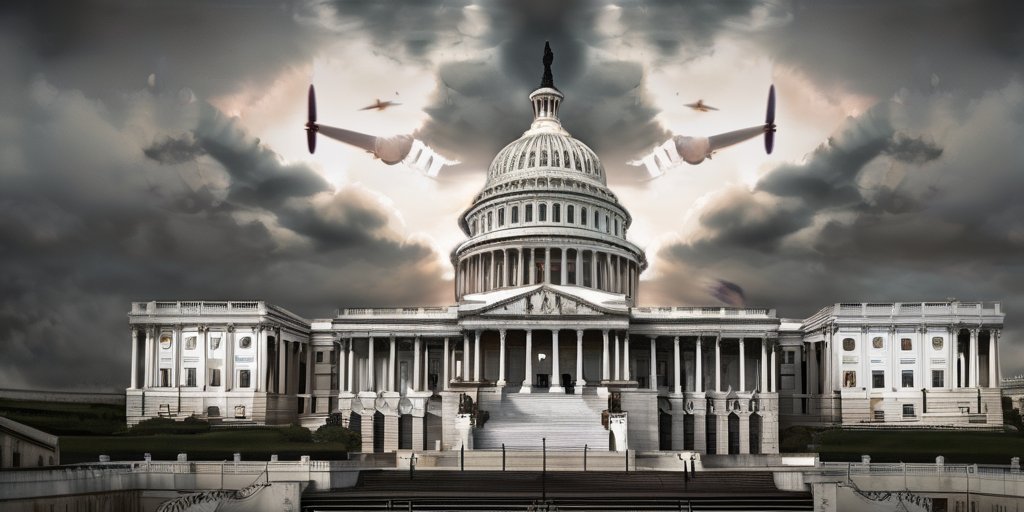President Donald Trump’s directive to bomb Iran’s nuclear facilities is igniting a crucial debate regarding presidential authority under the U.S. Constitution, particularly concerning military action without Congressional approval. Administration officials indicated that Trump’s actions are grounded in his powers as outlined in Article II of the Constitution, which allows him to direct U.S. military forces to protect national interests abroad. This interpretation has sparked significant controversy, as many legal experts and lawmakers are skeptical of the constitutionality of such unilateral military action.
Legal experts argue that the Constitution explicitly grants Congress the sole authority to declare war, and cite the absence of an imminent threat to the U.S. as a key point against the strikes. Ilya Somin, a law professor at George Mason University, stresses the necessity of congressional consent, especially given the scale of the operation, which he argues should be classified as an act of war requiring legislative oversight. He reminds that the War Powers Act calls for advance consultations with Congress whenever feasible, a protocol he believes was disregarded in this instance.
Amidst these concerns, the administration prepares for possible backlash. A senior Justice Department official has stated that if hostilities continue, the administration may need to seek congressional approval, though they maintain that the current military action does not necessitate such consent.
The historical context cannot be ignored, as both Democratic and Republican presidents have previously utilized Article II powers, often sidestepping Congress during military engagements. From George H.W. Bush’s intervention in Panama to Barack Obama’s airstrikes in Libya and Trump’s earlier decision-making during his first term, the precedent is well established, leading some experts to describe Trump’s latest actions as a continuation of a troubling trend of expansive executive authority in matters of war.
Why is Trump insisting on bypassing Congress? Supporters of the strikes, including former national security adviser John Bolton, argue that U.S. military actions are justified to safeguard American interests against threats such as Iranian state-sponsored terrorism.
However, within Congress, there is a growing push for a return to legislative oversight on military engagement. Lawmakers, including Representatives Thomas Massie and Ro Khanna, are advocating for a war powers resolution to reaffirm Congress’s constitutional role in authorizing military force. The urgency of the situation is compounded by the memories of past deceptions regarding foreign military interventions, as highlighted by the controversy surrounding Iraq’s supposed weapons of mass destruction.
The landscape is shifting, with Senate leaders like Chuck Schumer pressing for a vote on military authorizations, signaling a desire among lawmakers to reassert their constitutional responsibilities. This potential for bipartisan action suggests a critical juncture for U.S. military policy, where public hearings and debates could clarify the administration’s justifications and evaluate the legal foundation of their decisions.
In conclusion, as Trump continues to navigate these uncharted waters of military engagement, the pressing questions of constitutional authority and the balance of power between Congress and the presidency grow increasingly significant. The ramifications of these actions could set lasting precedents for future administrations, highlighting the necessity for a comprehensive national dialogue on military engagements and the role of legislative oversight in such critical decisions.
